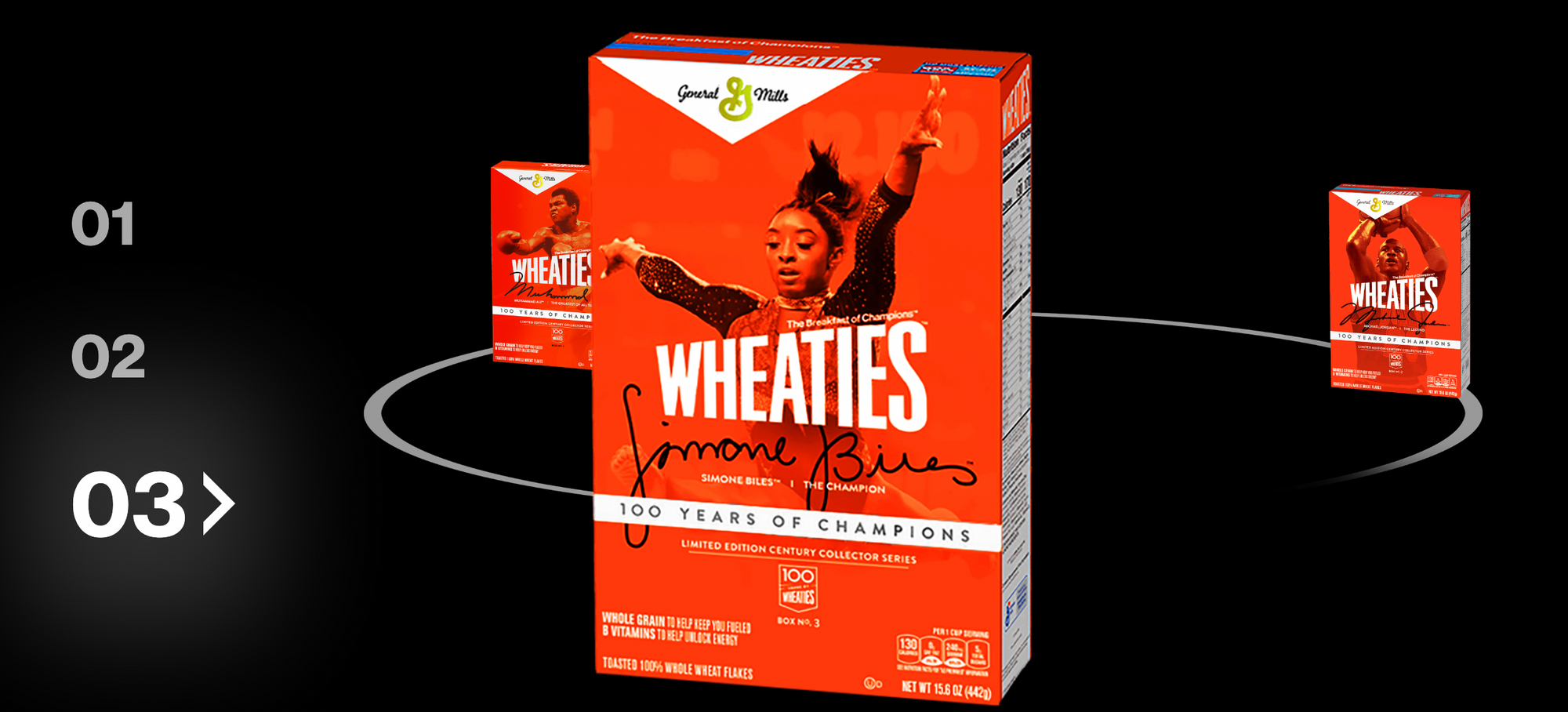I hear it all the time. “Big CPG is too slow to keep up.” or “Big CPG has too much red tape and bureaucracy to be effective in the DTC channel.” There is a generally held assumption that direct to consumer is a channel for emerging brands, and not one that the big players in CPG care about.
Well… Carter Jensen, Global Lead of DTC, at General Mills is explaining how he and General Mills are approaching DTC. Spoiler nothing about what they are doing is slow and they care about DTC just as much as emerging brands. So it’s time to lose the big CPG stereotype.
I highly recommend listening to the full episode, but I’m also going to break down Carter’s 3 part framework that he uses to lead DTC strategy at General Mills.
Here are the three parts of Carter’s DTC strategy framework.
DTC to Learn/Validate
There’s no better way to learn what the customer wants or validate a product than selling it directly to the customer. No middle man, no waiting to see the data, and direct access to the customer. It's the reason many startups and emerging brands choose to sell DTC before making the jump into retail.
The key to using DTC to validate is being quick to get a product to market and just as quick to pivot and change with the learnings you find. That’s usually done by using tools like Shopify, Klaviyo, and of course Repeat. But big CPG doesn’t use those tools… Do they?
We need speed, agility, and user focused tools like Shopify. For us to ignore those tools and ignore the abilities would put us in debt. That's not to say we ignore our enterprise systems, right? We have brands that need to graduate from Shopify and go to those enterprise systems.
And we help them with that. We ensure that all the work they're putting into their current ecosystem can translate upward. This year alone, we will launch over 35 DTC sites in the General Mills portfolio on Shopify.
The brands that General Mills uses Shopify range in size but the key here is speed to launch and speed to collect feedback. They are constantly launching new brands and products and using Shopify to take those to market gives them insight that they can use to validate there’s a market and even give them the confidence and data validation to sell those new innovations into retail partners.
Not only are General Mills launching new Shopfiy stores they also have an internal incubator called Gworks to foster internal innovation. DTC can help big CPG stay as nimble and innovative as startups and emerging brands.
DTC to Brand Build
The second section of Carter’s framework is using DTC to brand build. What that means is that the DTC channel may not be the main channel for driving dollars or total units, but it can be the channel where a particular brand can more easily engage with its fans and loyalists.
When you have a more off the wall idea or you are looking to do a limited run it's not always easy to get the buy-in you need from retail partners. But you always have your owned DTC channel as an option. The crazy ideas are great for DTC.
Carter gives a few examples in the podcast of very established brands using a smaller DTC site to bring special/limited products to their fans.
The Wheaties box iconic box comes out with new celebrities, we just launched Simone Biles. We had Michael Jordan, Muhammad Ali, some of the best and most iconic athletes of our time have been put on this stage that is the Wheaties box.

When we launched these there was this, this kind of, you know, energy. And yes, of course you can pick one up at your local Walmart or Target, but to get the gold foil special edition version, if you're a fanatic of the brand or, you know, the icon that's on it, you can easily get that from the site.
Shipping a few special edition boxes to each store across the country is not efficient but moving 10,000 special edition boxes online is much easier and way more economical. Big CPG is able to use DTC for brand building campaigns especially for household brands like Wheaties.
DTC to Increase Sales
You are probably asking yourself, does Big CPG even care about using DTC as a sales channel? They have such great retail distribution that products are available to almost everyone without needing to order it online.
That’s why Carter views the sales strategy as a diversified offering.
We have an incredible opportunity to not be selfish about where people buy. we're lucky enough to have distribution. So why would we ever eliminate that? Often it’s the consumer's best choice, or if you wanna simply add it to your Sunday afternoon grocery run or your curbside pickup. That's great. And so you'll see on the PDP pages that we have, every single one of those options clearly listed on the right hand.
As Carter says, they don’t need to be selfish. Having DTC as a sales channel is about creating even more availability and bringing products to the customer in the way they prefer. That's why General Mills not only offers products for sale on their sites but also in store pickup and even quick delivery services like Go Puff.
We're even launching with some of the quick delivery services. So if you need it in 20 minutes, we can also do that too. But we are not selfish on where this purchase is happening and truly, we want to be a conduit for whatever works best for the consumer. We're trying to drive new household penetration, new people to the brand.
And so if, if we are lucky enough to have distribution, who are we to eliminate that option for the consumer? And I think a lot of people would look at it and be like, oh, well, no, one's gonna buy from. Who cares, like our point is to get that brand and that product in new consumer's hands.
While DTC might not “yet” be the biggest driver of sales in terms of dollars or units, General Mills views it as part of a diversified sales strategy meant to bring products and brand recognition to customers wherever they are.
Big CPG Cares More About DTC Than You Thought
My big takeaway from my conversation with Carter is that Big CPG cares more about DTC than you likely thought. They are investing in similar tools to emerging brands to gain the speed advantage and using it to diversify their total offering.
This conversation is one of my favorites to date on the podcast and highly recommend listening to the full episode.
We have new podcast content weekly on our full podcast, The Shelf Life.
Be the first to hear every new episode by subscribing to the podcast.











